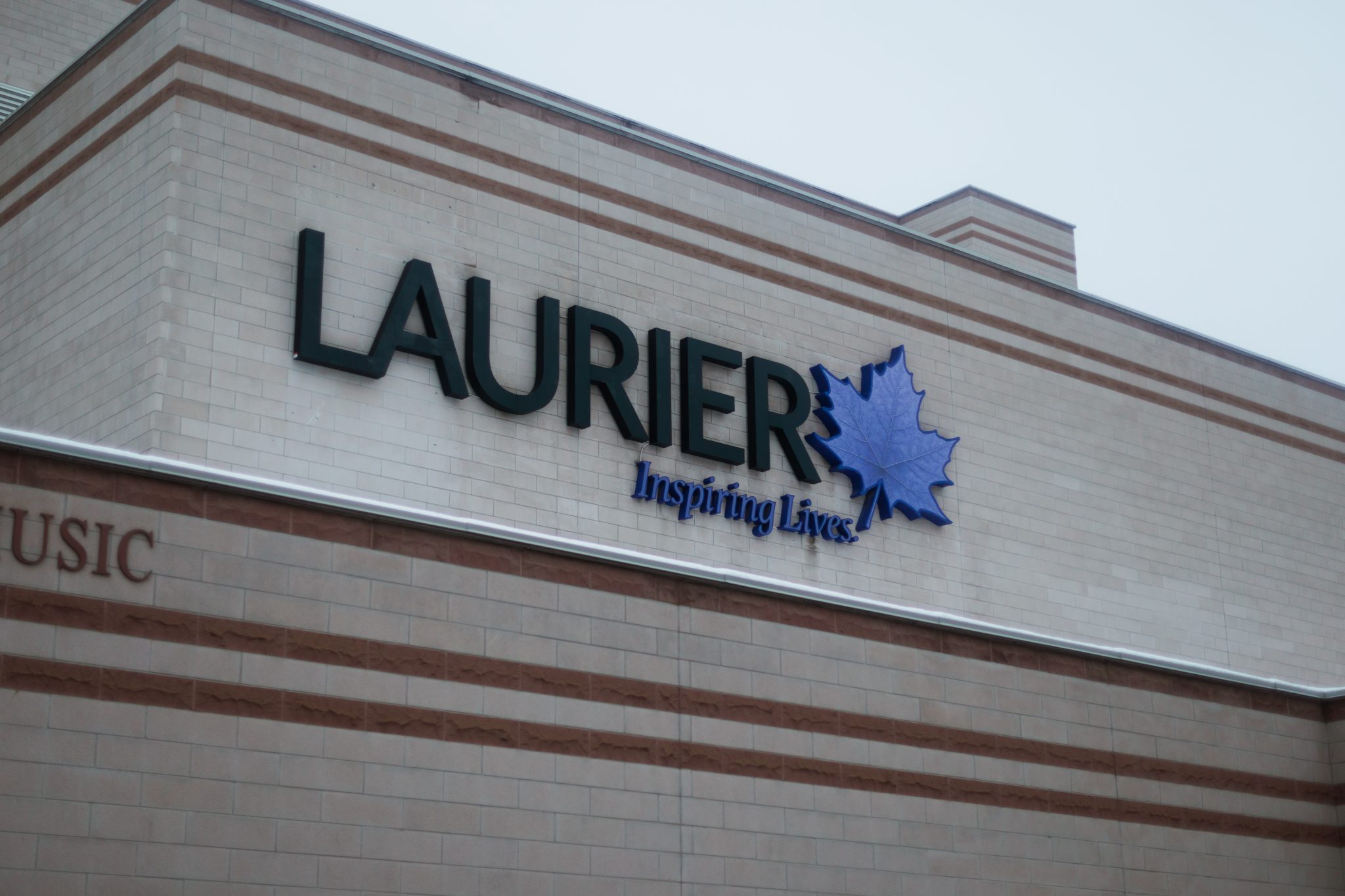Laurier offering Self-Care and Resiliency course to help people look after their well-being

Wilfrid Laurier University is offering an Essential Self-Care and Resiliency course to help people develop skills towards supporting their personal well-being during COVID-19.
Holly Cox, manager at Laurier’s Centre for Public Safety and Well-Being, noted that the feedback from individuals who obtained Laurier’s Positive Psychology certificate had a large influence on the creation of the course.
“When COVID-19 hit, we thought ‘what can we do to help?’ We knew students were struggling, staff and faculty were struggling…so we thought one of the ways that we could do that was [using] lots of material we knew was good and was relevant,” Cox said.
“…we [went] through and pull[ed] material from our certificate, put it together and just put it out there and let people have it.”
The course is free of charge and accessible online through Laurier’s Centre for Public Safety and Well-Being.
There are no assessments or evaluations. The course is designed to be self-paced and can be completed at the leisure of the person taking it.
There are five modules the course takes participants through, including the value of self-care, psychological self-care, physical self-care and spiritual and social self-care.
“Social, I think, has been a really big thing for people. We’re innately wired to connect, to have a social connection with people. There’s real desperation for belonging that people have and COVID-19…that’s really made it difficult for people,” Cox said.
“Loneliness and isolation have been on the rise for decades and it’s not healthy—it’s not the way [people] work. So [the pandemic] has taken that and really pushed it to the limit.”
The course aims to tackle common issues faced by people during COVID-19 with an evidence-based approach that encourages resiliency and offers balanced stress-management advice.
“There’s a lot of scientific evidence. We don’t just say ‘do this, it’s good for you,’ we show why. Here’s the study that shows why you should be doing that,” Cox said.
Cox acknowledged the stress and mental pressure that students go through and emphasized the importance of people checking in with themselves to better grasp and interpret their emotions.
“People think that self-care is having a bubble bath and drinking a glass of wine—well, students don’t drink wine, beer or something. A big part of [self-care] is really being self-aware,” Cox said.
“Signs of change and the effects of what’s been happening to people from isolation, stress, anxiety and not being aware of how it’s impacting them, why it’s happening.”
No matter where someone may fall on a personality scale, Cox believes that it’s necessary to acknowledge that extended periods of limited socialization can have a negative impact on a person’s mental wellbeing and essential sense of belonging.
“With self-care, it starts with understanding how you’re experiencing things. Somebody might be an introvert and their typical social experiences are limited normally. So, they may be aware of that and not understand they still need social interaction, they just need it on their own terms,” Cox said.
Since the course was created, Cox said that it’s had an overwhelming and unprecedented positive response.
“We launched it in April of 2020 as a response to COVID-19 to try to give people something to help them through it. So far, we’ve registered 5,764 people,” Cox said.
“We had no idea it was going to be this big.”


